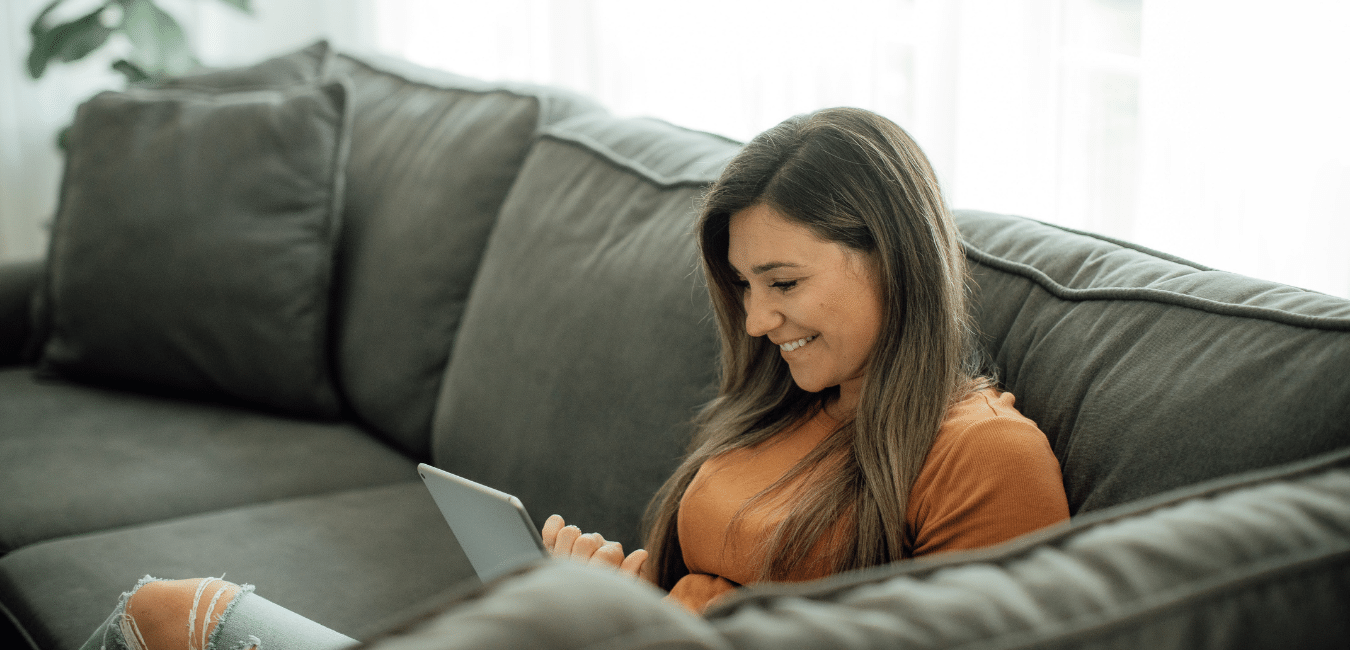
5 Things You Can Do to Stay Safe Living Alone
Today, 35.7 million Americans live alone, or roughly 28% of all households. That’s up from 13 percent in 1960 and 23 percent in 1980. A myriad of reasons can explain the explosion in solitary living – more economic opportunities away from the nuclear family, a delay in the average age of marriage, and fewer generations living together in one home. Such trends can impact safety and the overall well-being of individuals who end up living by themselves. If you are on your own, here are a few things you should do to keep yourself safe, whether you are elderly or a young adult.
Get to Know Your Neighbors
It doesn’t matter if you live in a detached home or an apartment building, finding neighbors you can trust to watch out for you or your property is always a good thing. Unfortunately, trends since the 1960s have moved in the other direction. According to recent polls, most Americans don’t know their neighbors, and roughly half don’t trust them. And now with the political divides in the country, many trust others even less. That said, good neighbors watching out for you can make a big difference. Not only will they be able to identify suspicious people and vehicles that seem out of place or don’t belong on or near your property, you can also enlist their help in keeping an eye out for you when you’re not home or on vacation. The upshot: Even though you might be shy or busy doing other things, why not say hello the next time you pass a neighbor that seems safe and responsible. Those kinds of connections might one day pay off in ways you can’t imagine, especially when it comes to your safety.
Install a Security Camera
You may not realize this, but security cameras are relatively cheap. Many can be bought for under $50 such as this indoor one (Wyze Cam Pan 1080p) or this outdoor one (Voger 360-degree WiFi Security Camera). That’s not much investment to have another set of eyes on your home, helping you check on what’s happening when you’re away or forcing a burglar to think twice before targeting your residence.
Today, security cameras catch more and more criminals, even those who might steal your Amazon packages. In the ideal world, have your cameras as part of a monitored security system, which can help you look out for intruders on premise 24/7. Who needs a roommate in that case!
Buy a Personal Safety Alarm
Personal safety alarms such as the Original Self-Defense Siren or the Vigilant PPS-13BL can cost less than $20 but provide extra security whether you find yourself in your house or running alone in an unfamiliar place. Easily triggered by you, the alarms fit in clothing or jewelry and emit a loud noise when activated, scaring away potential attackers and letting bystanders know you may need help. Depending on the type you buy, some can also send a distress message to an emergency contact list and/or the police. A personal safety alarm makes sure you’re protected at all times, wherever you go.
Have Loved Ones Check In On You Regularly
It doesn’t matter if you’re older or younger, personal “safety” from outside threats isn’t the only concern you should have. Your physical and emotional well-being is also a critical part of staying safe. Certainly, if you begin to realize you’re in some state of mental or physical decline, it helps to have people come and check on you regularly to make sure you’re doing OK. It takes some foresight for you to be able to recognize this, of course, but we’d suggest you keep in touch with those who can come over and visit regularly. Seeing other human beings will do wonders for both your physical and emotional state. And it will give you something to look forward to. And even if you’re not in any kind of declining condition, seeing people regularly will help you maintain a healthy lifestyle and provide that extra motivation to continue to care for yourself, something that many elderly people disregard as they age.
Get a Medical ID Such as LIFEID
We can’t say it enough that accidents can happen to anyone. It’s particularly true the older you get, where falls, accidents, or other medical conditions can render you unable to speak for yourself. Having a medical ID which can list any medical conditions, your vaccine history, your allergies, or medications can mean the difference between life and death when emergency responders come on the scene. Your LIFEID medical ID can be scanned by medical personnel and they get an instant snapshot of what could be potentially be wrong – and be able to act quickly. It will also alert your emergency contacts when it gets scanned. Learn more about LIFEID medical IDs and get yours today.
Conclusion
At LIFEID, our goal is keep you and your loved ones healthy and safe. That’s why we recommend one of our medical ID bracelets, Apple Watch sleeves and more, which can speak for you or people you care about in the case of any emergency. Our medical IDs let professionals know if you’re at greater risk for particular diseases or conditions, should you not be able to speak for yourself.
